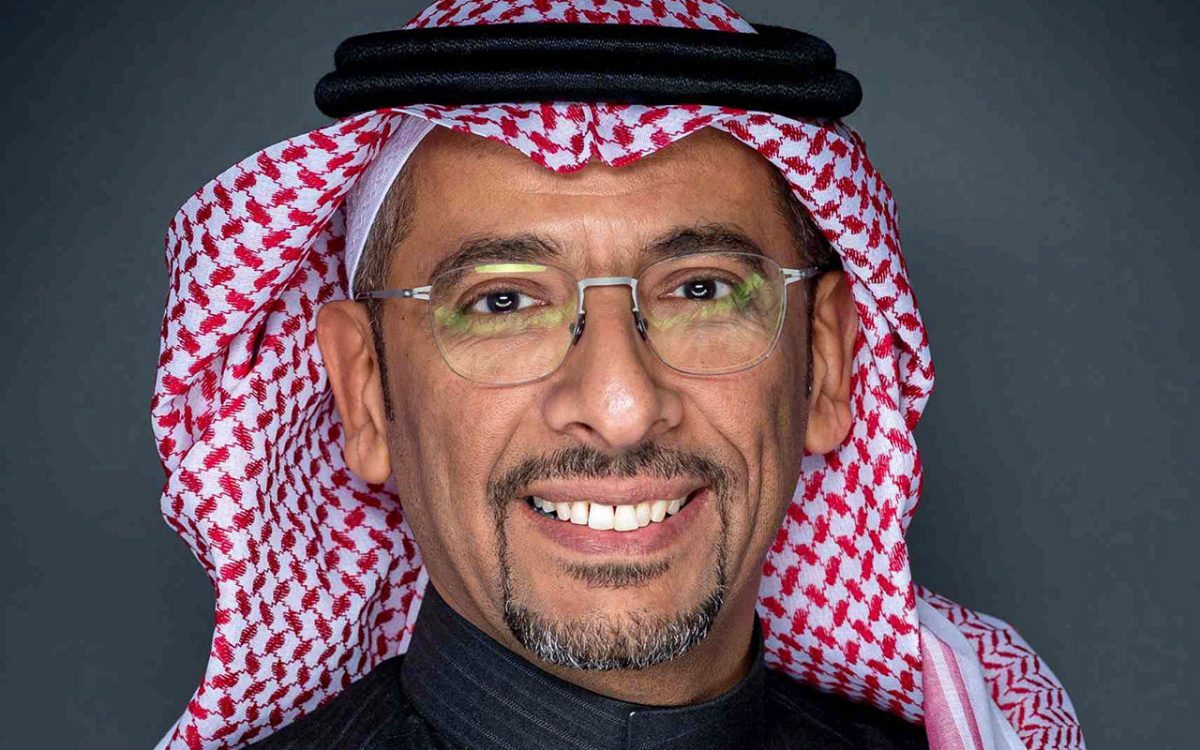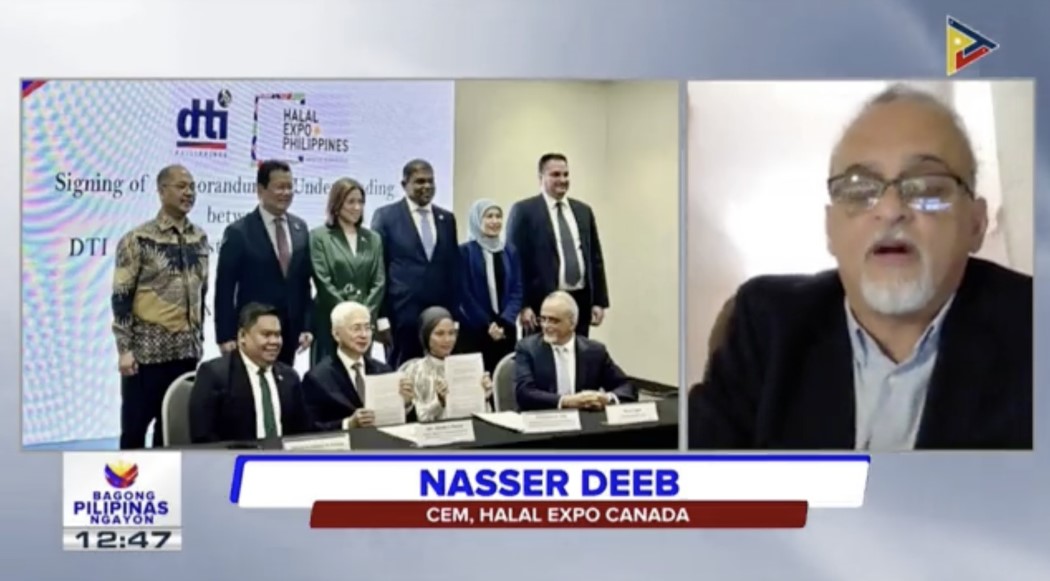A week before the burqa ban, French Muslims find themselves accused of violating republican values
Claude Guéant, France’s interior minister, was in typically conciliatory mood when he described the growing number of Muslims in his country as a “problem”. Pointing to the fact that this community had grown from “very few” when the republic became a secular one in 1905, to 5-10 million today, Guéant highlighted the sight of many of them “praying in the street” as particularly undesirable. Guéant’s government has chosen a period of unprecedented tension and volatility in the Arab world to launch a debate about the negative influence of Islam on French society. As his own pilots attack Libya with a ferocity so far not displayed by other coalition members, President Nicolas Sarkozy will settle down on Tuesday to watch the epic discussion unfold at a Paris hotel.
The debate will nominally be about the changing nature of the French model secular society, but don’t be fooled by the grand euphemisms. If such a subject can be discussed by Sarkozy’s lieutenants without further references to assorted “Muslim-related problems”, then “collateral damage” has nothing to do with civilian body counts.
A whole catalogue of perceived horrors will be discussed, ranging from halal meat in schools to those prostrate worshippers blocking boulevards in major cities because there aren’t enough mosques to go round. All will be described as distinctly Muslim factors that “violate” republican values.
Less surprisingly still, the debate comes just a week before next Monday’s introduction of the full-blown burqa ban – legislation ensuring prison sentences and fines for crimes related to intimidating Islamic headwear. It will, in many ways, be a rerun of last year’s national identity debate, when town halls and internet chat rooms across the land teemed with racist invective.
The rhetoric employed is one means by which Sarkozy hopes to win over those who usually place their trust in the National Front, a party that has been revived by Marine Le Pen, daughter of France’s best-known postwar xenophobe, Jean-Marie Le Pen. With the latest opinion poll showing that 72% of French people do not believe Sarkozy can win next year’s presidential election, there’s no doubt that he needs all the support he can get.
Feelings are running so high that the leaders of France’s six major religions have joined François Bayrou, the centrist former presidential candidate, in branding the debate “poisonous”. They say it will stigmatise the country’s 6 million Muslims, spreading hatred and distrust. Even François Fillon, the prime minister, agrees that his government’s lurch to the right is alienating huge swaths of society. As Gilles Bernheim, the grand rabbi, told Le Monde: “It’s often difficult to be a Muslim in France. This difficulty is worse today in this unhealthy climate, aggravated by talk that divides rather than unites.”
Along with the other leaders, Bernheim suggested that a national debate about France’s secular model, which has been in operation since church and state were separated at the beginning of the 20th century, was particularly cynical at a time when the country should be concentrating on showing “dignity and respect” to people from every background.
Guéant clearly doesn’t think so, and that’s why Le Pen has already invited him to join her National Front. Extremist policies aimed at attracting disillusioned working class voters are seen as the key to winning the 2012 presidential elections, with assaults on “problematic” Muslims as desirable within mainland France as they apparently are in the country’s theatres of war.
Nabila Ramdani – Guardian.co.uk



